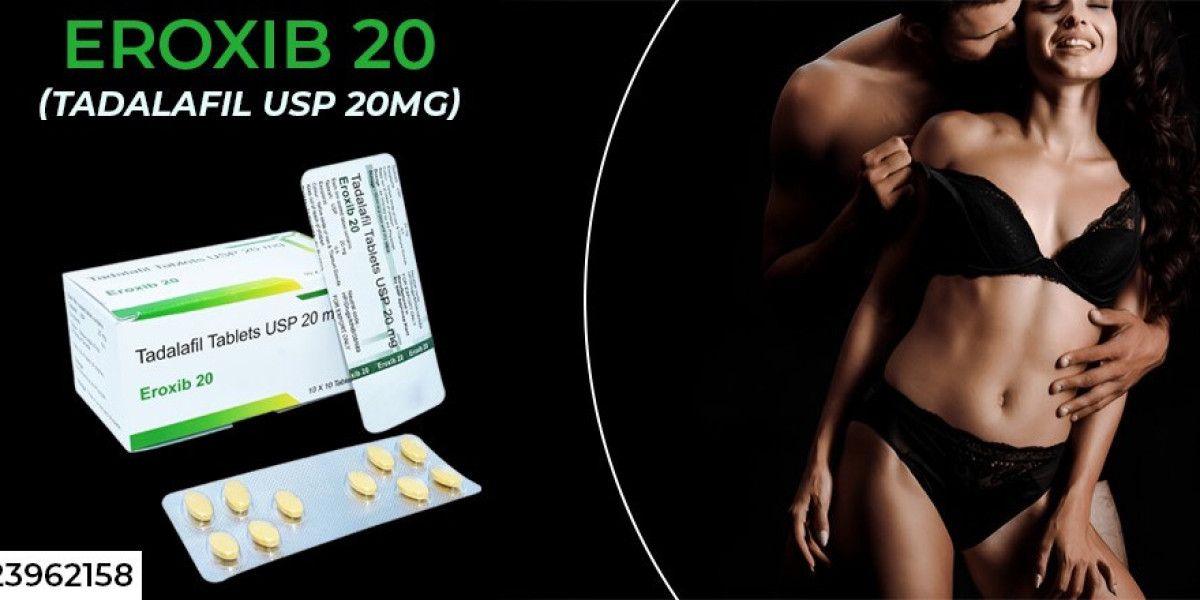The global psychosis diagnostics market, valued at US$ 2.04 billion in 2022, is poised for robust growth, projected to reach US$ 3.6 billion by 2033, expanding at a compound annual growth rate (CAGR) of 5.3% during the forecast period from 2023 to 2033. This accelerated growth is driven by the increasing prevalence of psychotic disorders, significant advancements in diagnostic technologies, and rising awareness about mental health conditions globally.
A Full Report Overview - https://www.futuremarketinsights.com/reports/psychosis-diagnostics-market
The historical period from 2018 to 2022 saw a modest CAGR of 2.1%, reflecting steady market growth. However, the forecast period signals a stronger upward trajectory, fueled by a greater emphasis on mental health awareness campaigns and technological innovations in diagnostics, such as precision imaging and AI-based tools. These advancements are improving the early detection and management of psychotic disorders, enhancing patient outcomes.
Key stakeholders, including healthcare providers, technology innovators, and policymakers, are making concerted efforts to address the growing burden of psychotic disorders. Rising investments in research and development (R&D) are further catalyzing the development of accurate and efficient diagnostic tools. Additionally, the stigma surrounding mental health is diminishing, encouraging more individuals to seek timely diagnosis and treatment, thereby driving market demand.
Key Takeaways:
- The global psychosis diagnostics market was valued at US$ 2.04 billion in 2022 and is projected to grow to US$ 3.6 billion by 2033.
- The market will expand at a 5.3% CAGR from 2023 to 2033, significantly outpacing the 2.1% CAGR recorded between 2018 and 2022.
- Growth is attributed to increasing prevalence of psychotic disorders, advancements in diagnostic technologies, and heightened mental health awareness.
- Investment in R&D and reducing stigma around mental health are pivotal in driving market expansion.
Key Growth Drivers
- Increasing Prevalence of Psychotic Disorders: The rising incidence of psychotic disorders, such as schizophrenia and bipolar disorder, is a significant factor driving the demand for psychosis diagnostics. As mental health issues become more prevalent globally, the need for effective diagnostic tools increases.
- Advancements in Diagnostic Technologies: Innovations in diagnostic methods, including neuroimaging techniques (like MRI and PET scans), genetic testing, and digital biomarkers, are enhancing the accuracy and efficiency of diagnosing psychotic disorders. These advancements facilitate earlier detection and better patient management.
- Growing Awareness of Mental Health Disorders: Increased awareness and understanding of mental health issues among the general public and healthcare professionals are leading to more individuals seeking diagnosis and treatment for psychotic disorders. Campaigns aimed at destigmatizing mental health contribute to this trend.
- Supportive Government Initiatives: Many governments are implementing policies and funding programs to improve mental health services and research. This support encourages the development and adoption of new diagnostic tools for psychosis.
Market Competition
Key players in the psychosis diagnostics market are Merck KGaA, Thermo Fisher Scientific, Hoffmann-La Roche Ltd., Eli Lilly & Company, 3M Company, Teva Pharmaceutical Industries Ltd., GlaxoSmithKline plc, Pfizer, Inc., Sun Pharmaceutical Industries Ltd and Bausch Health
- Merck KGaA NeuroCheck tool, which is a computer-based cognitive assessment tool designed to aid in the early diagnosis and monitoring of cognitive impairment in patients with schizophrenia. The tool is designed to be used in conjunction with other clinical assessments and can help healthcare professionals to detect changes in cognitive function over time, which can inform treatment decisions.
- Thermo Fisher Scientific offers a range of genetic testing products that can be used to identify genetic mutations and variants that may be associated with psychotic disorders. These tests can be used for both diagnostic and research purposes and can provide valuable insights into the genetic basis of these conditions.
Key Companies Profiled
- Merck KGaA
- Thermo Fisher Scientific
- Hoffmann-La Roche Ltd.
- Eli Lilly & Company
- 3M Company
- Teva Pharmaceutical Industries Ltd.
- GlaxoSmithKline plc
- Pfizer, Inc.
- Sun Pharmaceutical Industries Ltd.
- Bausch Health
Key Segments Profiled in the Psychosis Diagnostics Industry Survey
Drug Class:
- Chlorpromazine
- Fluphenazine
- Haloperidol
- Loxapine
- Perphenazine
- Thioridazine
Treatment:
- Rapid tranquilization
- Medication
- Cognitive behavioural therapy
Distribution Channel:
- Hospital Pharmacy
- Retail Pharmacy
- Online Pharmacy
Region:
- North America
- Latin America
- Europe
- South Asia
- East Asia
- Oceania
- Middle East & Africa









